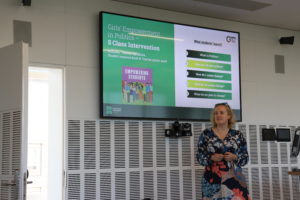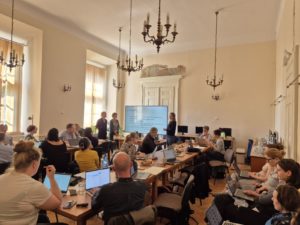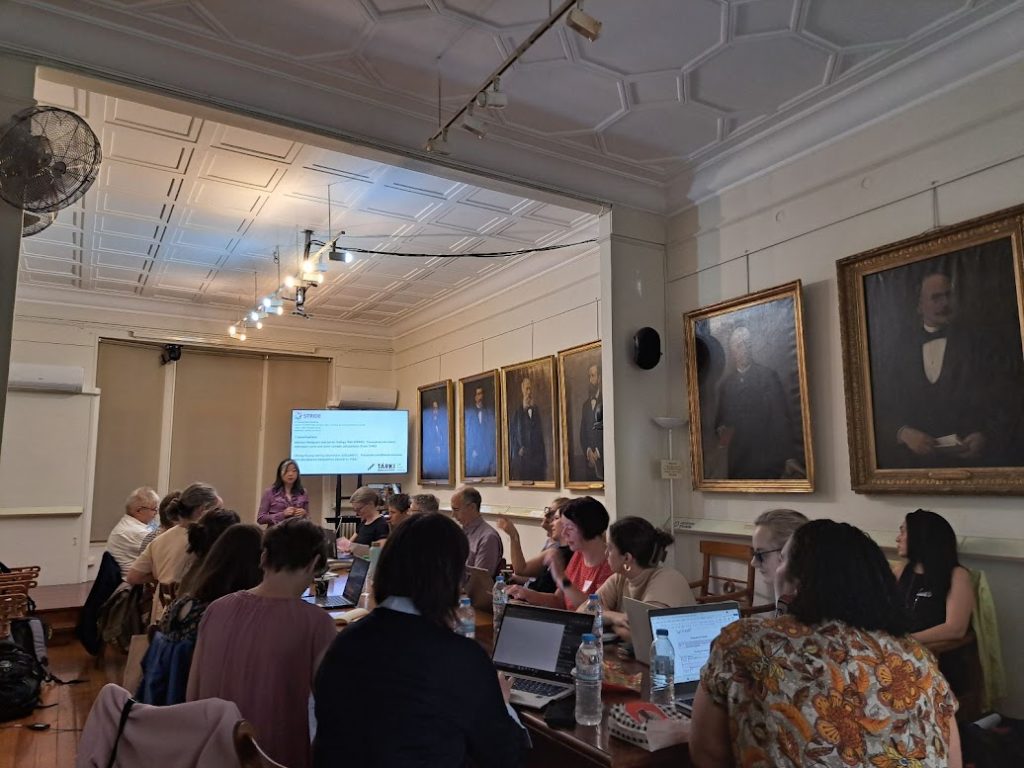Roma children represent one of the most marginalized groups in education systems across Europe who persistent inequalities that hinder their access to quality education and opportunities for lifelong learning. The Inequalities in Education Conference, held in March 2024 in Athens, focused on the challenges Roma children face and explored measures for inclusion to bridge the gaps in educational access and equity.
The session on Roma children during the conference emphasized the multifaceted barriers they encounter, which include socio-economic disadvantages, cultural marginalization, and limited access to educational resources. According to discussions at the conference, these obstacles significantly impact school attendance, academic performance, and dropout rates for children, and young people highlighted that many Roma children live in conditions of severe poverty, which affects their ability to attend school consistently.
Despite these challenges, several initiatives and strategies have been implemented across Europe to promote the inclusion of Roma children in education systems. For instance, the programs implemented in Greece to offer flexible education options who have significant gaps in their formal education, exemplify a commitment to inclusivity and educational equity. For instance, the “Inclusive Schools for Roma” project aims to address the specific needs of Roma students by presenting a model of democratic and inclusive school development based on human rights principles and guidelines for intercultural learning. Athens Lifelong Learning
Centers in Eastern European countries serve as hubs for supplementary education and mentorship, helping Roma students catch up academically and build confidence. The Roma Education Fund (REF) collaborates with various local organizations to implement projects that promote quality education for Roma students. These partnerships play an active role in the social inclusion and education of Roma children in their respective countries. Roma Education Fund
Sustainable inclusion of Roma children in education requires a holistic approach that addresses structural inequalities, promotes cultural acceptance, and ensures adequate funding and support for inclusive practices.
The STRIDE project, focusing on tackling inequalities in education, aligns with these goals by contributing evidence-based insights and promoting collaboration among policymakers, educators, and communities. Addressing the barriers faced by Roma children is not only an educational imperative but also a step toward building more equitable and inclusive societies.
For further insights and to watch the recording from the conference, visit the session’s webpage here.














